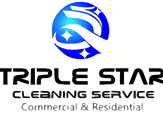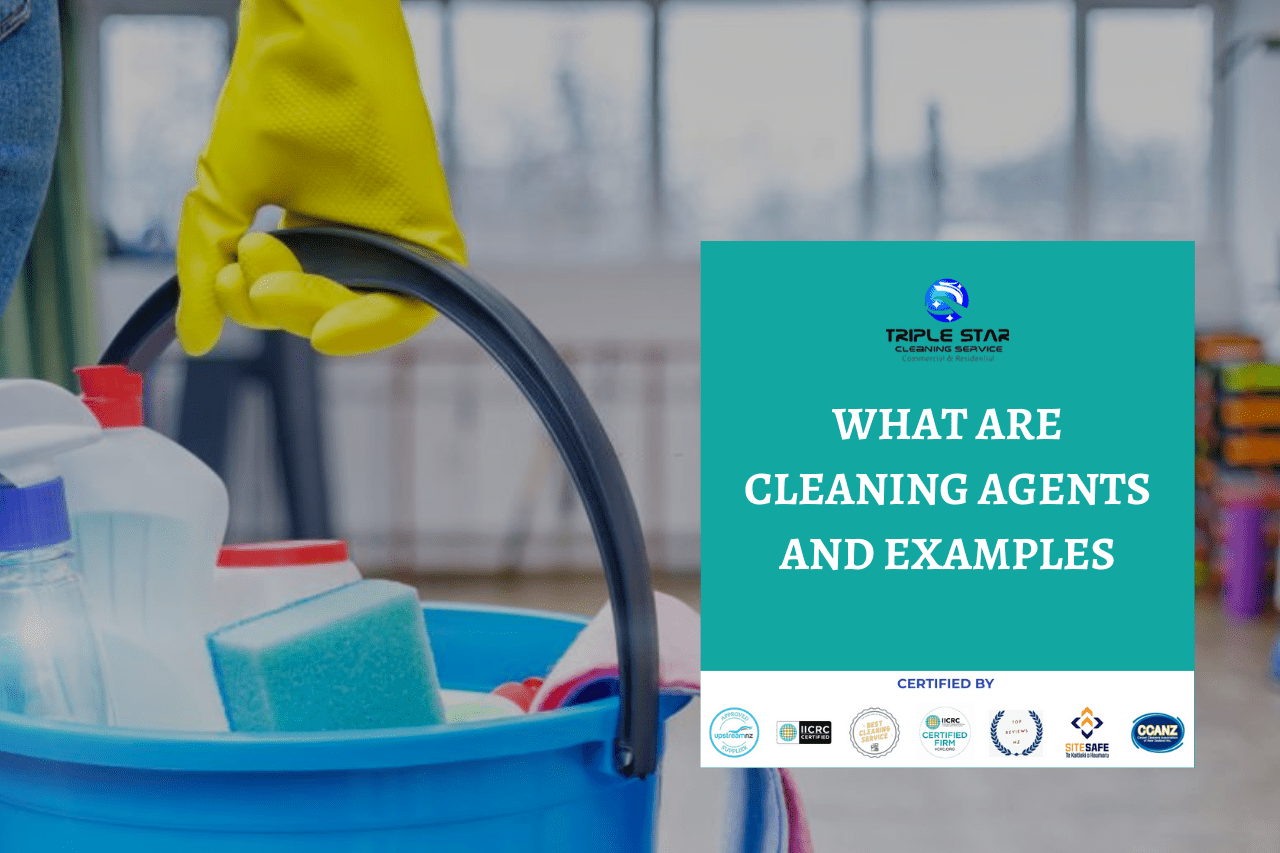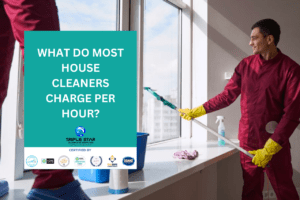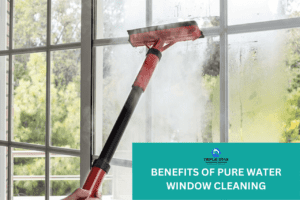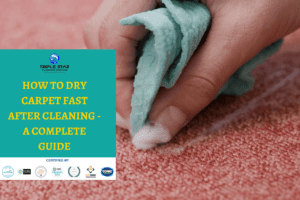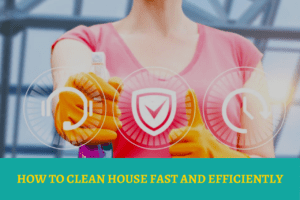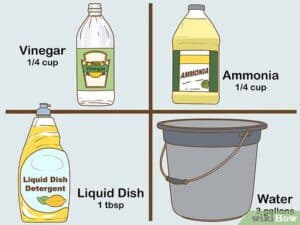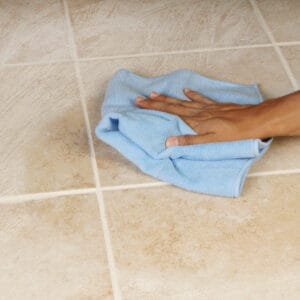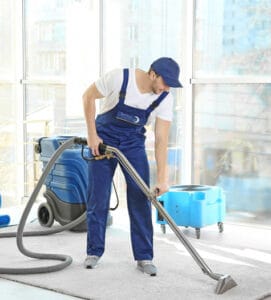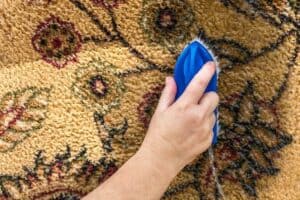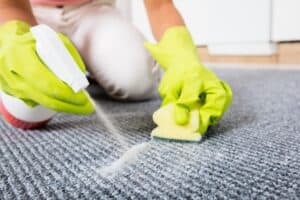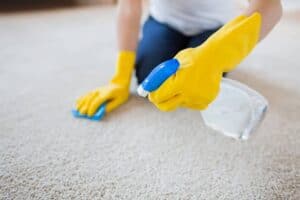Cleaning agents are an important part of any cleaning routine. But what are they, and what do they do? In this article, we’ll discuss the different types of cleaning agents and their uses.
Table of Contents
ToggleWhat Are Cleaning Agents?
Cleaning agents are materials that are used to clean surfaces and objects. They can be in liquid, solid, or gas form, and they’re used to remove dirt, grease, stains, and other unwanted material.
Types of Cleaning Agents and Examples
There are many different types of detergents and surfactants, each with its own unique properties. In this article, we’ll discuss the most common types and their uses.
1. Water:
Water is the most basic and essential cleaning agent. It can be used on its own or in combination with other cleaning agents to remove dirt, stains, and grime from surfaces. Water can be used to clean a wide range of surfaces, including floors, walls, countertops, and appliances.
2. Soap:
Soap is a cleaning agent made from a mixture of oils and an alkali, such as sodium hydroxide or potassium hydroxide. It is effective at removing dirt and grime from surfaces and is commonly used in household and personal care products, such as dish soap and hand soap.
3. Detergents:
Detergents are cleaning agents that are made from a combination of chemicals and surfactants. Surfactants are substances that lower the surface tension of water, allowing it to penetrate and remove dirt and stains from surfaces more effectively. Detergents are commonly used in laundry detergent, dishwashing liquid, and all-purpose cleaners.
4. Acids:
Acids are cleaning agents that are capable of dissolving minerals and other substances. They are commonly used to remove rust, calcium deposits, and stains from surfaces. Some examples of acids used as cleaning agents include hydrochloric acid, sulfuric acid, and phosphoric acid.
5. Alkalis:
Alkalis are cleaning agents that have a high pH level and are capable of dissolving grease and oil. They are commonly used to remove soap scum, food stains, and other dirt and grime from surfaces. Some examples of alkalis used as cleaning agents include sodium hydroxide and potassium hydroxide.
6. Oxidizers:
Oxidizers are cleaning agents that release oxygen when they come into contact with other substances. They are effective at removing stains and discoloration from surfaces and are commonly used in bleach and other bleaching agents.
7. Alcohol:
Alcohol is a solvent that is often used to clean surfaces and disinfect things like countertops and doorknobs. It can also be used to remove grease and oil from engines and other mechanical parts.
8. Bleach:
Bleach is a chlorine-based agent that is often used to whiten clothes and disinfect surfaces. It is also effective at removing mold and mildew.
How Do Cleaning Agents Work?
Cleaning agents can be broadly classified into two types- organic and inorganic.
- Organic Cleaning Agents:
Organic cleaning agents are derived from natural sources such as plants, animals, or microorganisms. Organic agents are less harsh and are better for general cleaning tasks such as wiping down surfaces or floors.
- Inorganic Cleaning Agents:
Inorganic cleaning agents are metal-based or synthetic and are non-biodegradable. Inorganic agents tend to be more powerful and are used for heavy-duty cleaning tasks. They can also be used to remove stubborn stains or graffiti.
Benefits of Using Cleaning Agents
Cleaning agents are the unsung heroes of any home cleaning task. Not only can they save you time and energy, but they can also help make your surfaces sparkle and keep them clean for longer. They can be used for almost any type of task, from spot-cleaning to deep-cleaning, and here are some of the main benefits of using them:
- Ease of Usage/ Effortless
Most cleaning agents come with ready-to-use instructions, making them easy and convenient to use with minimal effort.
- Effectiveness
Cleaning agents are formulated to effectively remove dirt, grease, dust, grime, and stains from surfaces in a short amount of time.
- Versatility:
The range of cleaning agents available means that these products can be used on a variety of surfaces. From glass to fabric to tile, cleaning agents come in all sorts of formulations designed for specific surfaces or tasks.
- Safety:
Cleaning agents usually contain ingredients that are not hazardous to health or the environment, making them an eco-friendly choice for your home.
Risks of Using Cleaning Agents and Safety Guide
It’s important to be aware of the potential risks that come with using cleaning agents. If you’re not careful, they can be health hazards or even cause damage to surfaces they are applied to.
Some cleaning agents contain chemicals that can be harmful to your skin or respiratory system if they are inhaled or ingested.
You should always wear gloves and a face mask when using these, as well as ensure there’s adequate ventilation in the area.
Additionally, some cleaning agents might be too strong for certain surfaces, such as wood or metal. So it’s important to read the labels carefully and make sure you’re using the right cleaner for your specific needs. In some cases, you may even need to use a milder solution or dilute it with water before use.
Finally, certain cleaners may contain ingredients that can cause discoloration of fabrics or other surfaces so test these cleaners on an inconspicuous spot first before proceeding with the full application.
How to Choose and Use the Right Cleaning Agent
When it comes to choosing the right cleaning agent for your purpose, there are a few things to consider.
Type of Mess or Surface:
Different textures and types of messes require different cleaning agents. You need to consider what type of surface you are trying to clean.
For example, a grease-based stain may require a degreasing agent like soap and water, while an ink stain may require something designed to dissolve the ink.
Type of Cleaner:
You need to consider the type of cleaner you’re using and any safety precautions you need to take. In general, it’s always best to choose cleaners that are gentle on the environment and don’t contain any harsh chemicals that could be hazardous. Also, if you’re using a chemical cleaner make sure you read the instructions carefully and follow all safety precautions such as wearing gloves and goggles.
Consider Frequency of Use when Choosing Cleaning Agents
Choose your cleaning agents based on how often they will be used. If you only need something occasionally then it might not be worth buying an expensive product with a lot of features; however, if something is used on a daily basis then it might be worth investing in something more durable or powerful for better results.
Conclusion:
To sum up, there are many types of cleaning agents, each with its own specific uses. Some are better for general cleaning, while others are specific to certain tasks.
It’s important to know which type of agent to use for the job at hand, as using the wrong one can lead to damage or even ruin your belongings.
